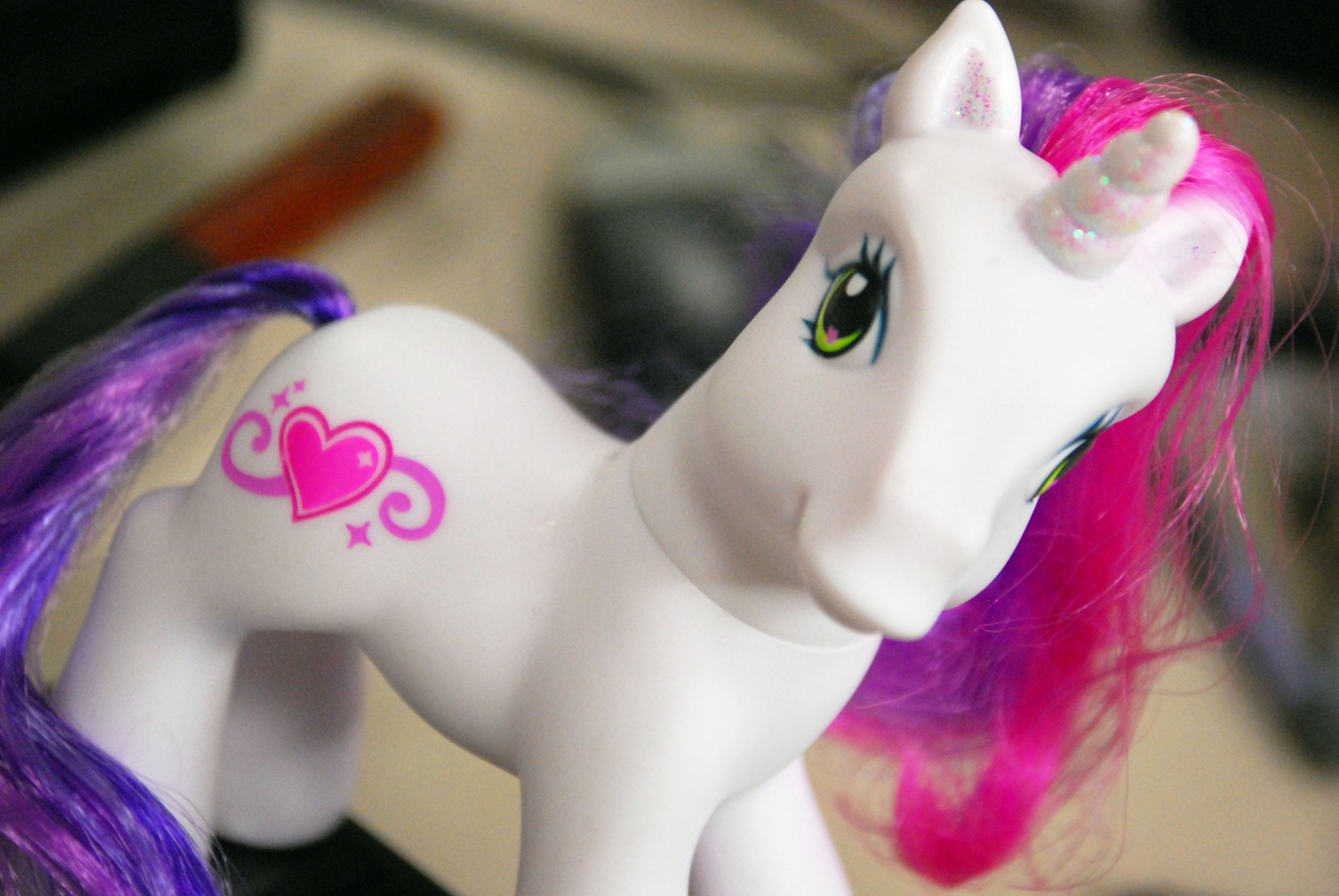
My 2011 startup with Y Combinator imploded, largely because we couldn’t get enough traction. What was I going to do next? And more importantly, how was I going to avoid repeating my mistakes?
A couple weeks ago my wife was out of town, so my three year old daughter and I had our weekend together. We went to see My Little Pony.
I enjoyed it. Lots of great voice actors. Including Sia! She pretty much plays herself as a pony. Similar hair/wig style, and she sings in it.
My daughter was traumatized.
Well that’s a bit strong. Let’s just say she was in my lap the whole time worried about what was going to happen to those damn ponies. But she’d stop covering her eyes and be right back in the movie. Only to again fear for the ponies lives.
There’s something interesting there. How did this movie succeed at capturing her attention so well? So much so that she’d be afraid but go right back to being engrossed?
Robert McKee is a popular teacher of screenwriting. A well read book of his is “Story: Substance, Structure, Style and the Principles of Screenwriting”. It’s a book I’d recommend to anyone pursuing writing of any kind.
But there’s one bit in there that will instantly improve your ability to tell stories, write, vlog — make anything, really.
A Story Event creates meaningful change in the life situation of a character that is expressed and experienced in terms of a value and ACHIEVED THROUGH CONFLICT.
That’s it. That’s the nugget that all good stories revolve around. An entire film, according to McKee, is 40–60 of these story events. And what is that “value”?
Story values are the universal qualities of human experience that may shift from positive to negative, or negative to positive, from one moment to the next.
Human experience. Love/hate. Anger/peace. Fear/calm. Alive/dead. And so many more.
Telling people a story is all about showing how someone goes through conflict and changes the “charge” of those human conditions. They start out in love and end up in hate. They start out broke and end up wealthy through a bunch of difficult terrain.
That’s what keeps us in our seat.
Toy Story does this so well. Go watch Pixar’s work. Every minute there’s a value change. They’re happy, now their sad. They’re safe, now they’re not. Now they are. Now they aren’t again.
My kid was glued to her seat at My Little Pony because their writers also know this basic tenet of interesting writing and storytelling.
The ponies were in a wonderful stupor setting up for a party. Now terrible danger and monstrous creatures ruin their lives. Now they’re running. Now they’re safe. Now they’re at death’s door again.
And when you think about the boring drivel you read or hear all too often — maybe it’s your friend talking about work, or someone going on about their day — I bet it’s because there’s simply no conflict, and even more so, there’s no value change. They went from doing well at work to still doing well at work. They went from depressed to still depressed.
Of course there’s a ton more to practice and learn about the craft of telling good stories — things like the Hero’s journey or three act structures — but just get this little part right from McKee and you’ll already 10x the stuff you write and tell people about.
It’s happened for me. I went from that miserable failure of a startup to realizing I needed to get better at audience building before my next venture. And so I practiced my craft of writing and storytelling on my blog. One article a week. Tell a good story. Me or someone else figuring out some problem through some conflict. My audience grew.
And that audience grew to support my next project, Draft, which turned out rather successful in a crowded market of writing software. And then someone in that audience picked me to take over the business they were spinning off, Highrise. Mostly, all because I finally learned to capture people’s attention better through storytelling.
P.S. You should follow me on YouTube: youtube.com/nathankontny where I share more about how we run our business, do product design, market ourselves, and just get through life. And if you need a zero-learning-curve system to track leads and manage follow-ups, try Highrise.


